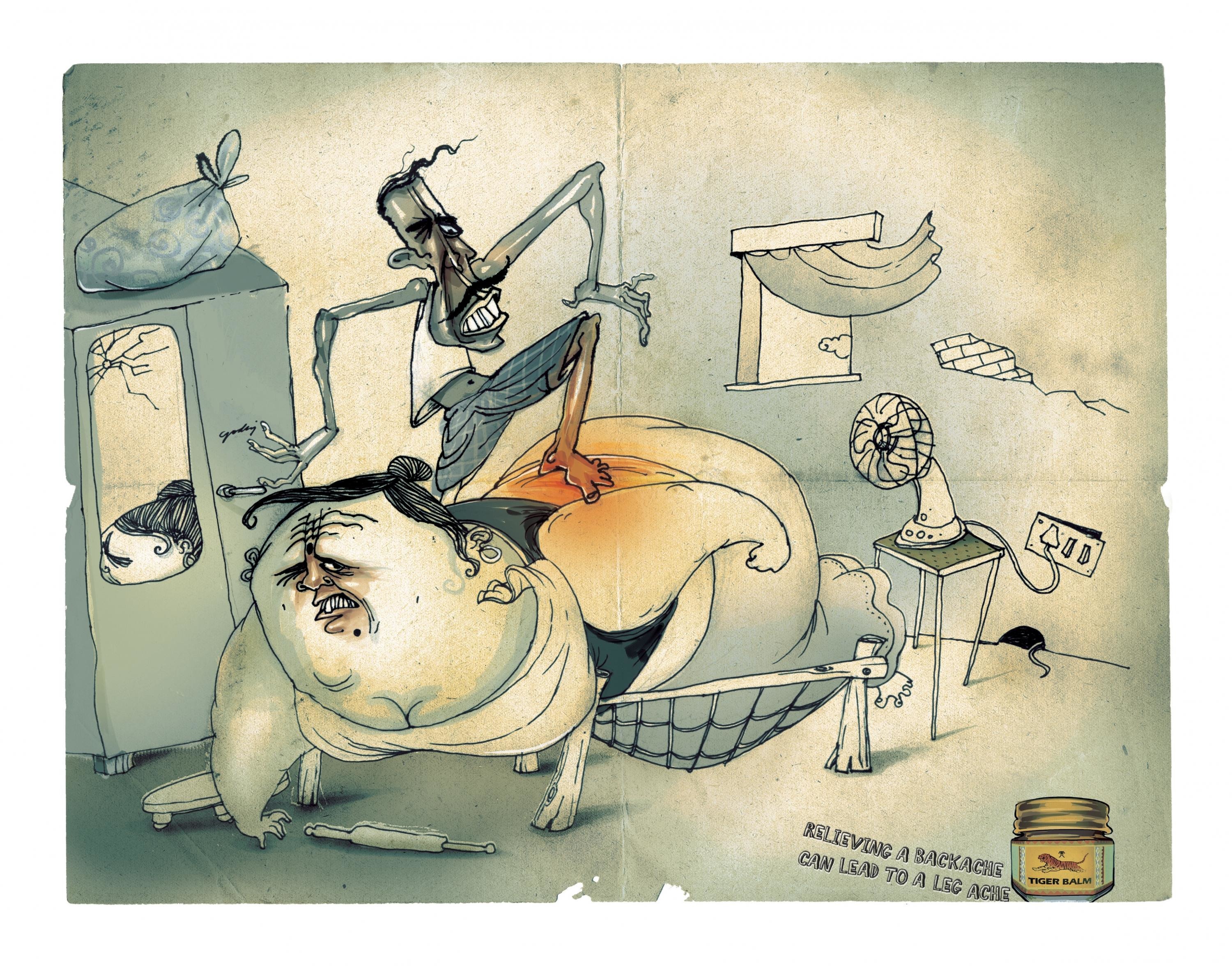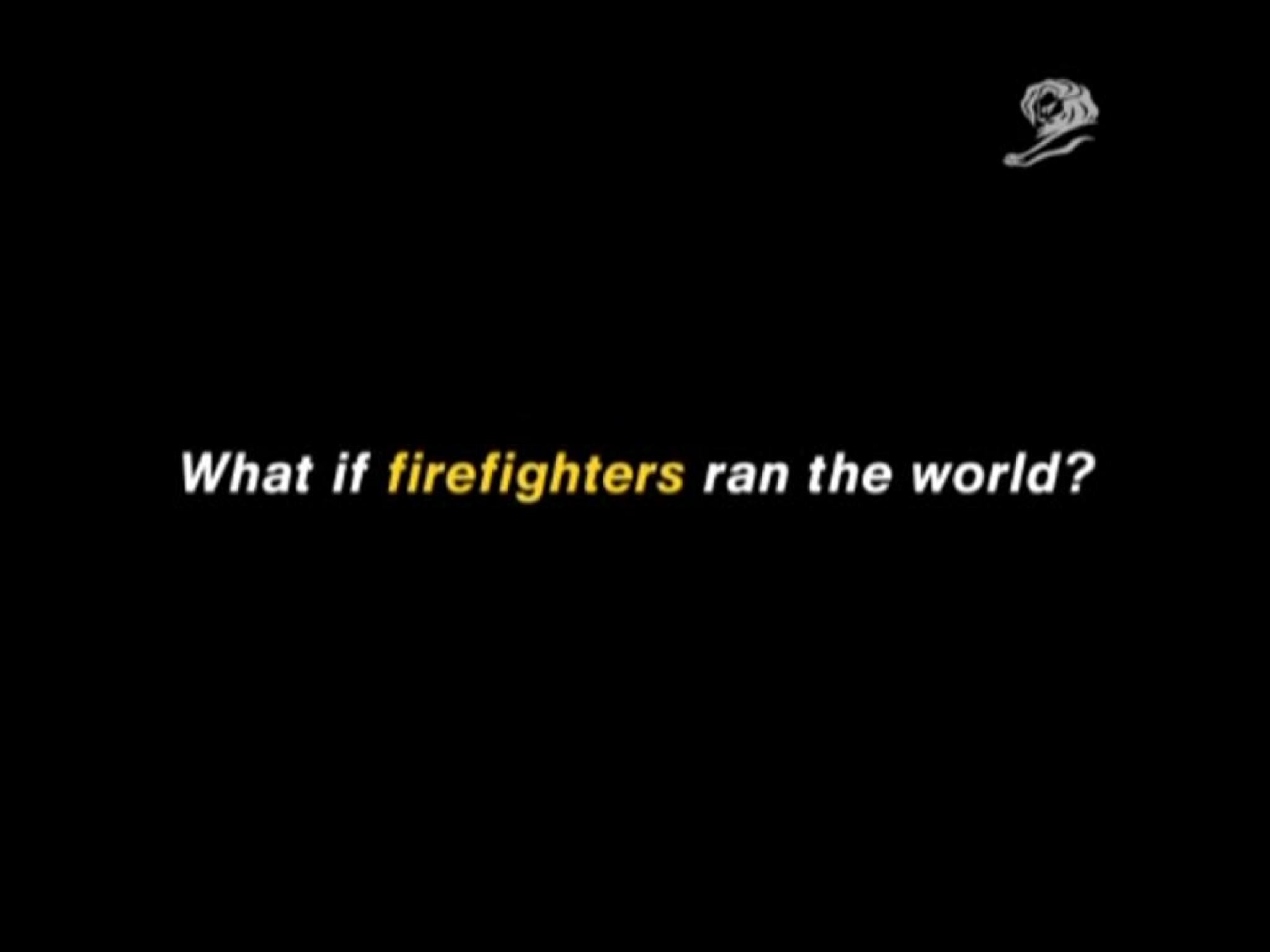Cannes Lions
SPRINT
LEO BURNETT CHICAGO, Chicago / SPRINT / 2013

Overview
Entries
Credits
OVERVIEW
Description
Sprint wants people to love their phones, just not all of the time. But despite all the courtesy messages they ran for the past five years, people just refused to press off. So they had to create a campaign that would make all cell phone users, even ones with other networks, give their phones a rest during the movie.
Sprint ran spots in theaters across the country posing the question to viewers, “When you shut off your phone, does it dream?” Cinemagoers would get their answer when they woke up their phones after the movie. Sprint sent users a text back with a link to their phone’s dream, which was created using personal data from their phone and Facebook profile.
To bring the idea to life, Sprint created three phone dreams based on classic dream sequences; the feeling of being chased, flying through the air and showing up to school naked. All designed using HTML5 and Java Script 3D—technologies never before implemented in a mobile browser for advertising. Utilizing the phone’s accelerometer, users could look around and navigate the virtual worlds. And just like a real dream that pulls from your life, users saw themselves, and their friends, and wanted to tell them about it.
After the spots aired, 93% of moviegoers turned off their phones during their movie. Sprint received nearly 2 million texts and 1.5 million people explored their phone's dream. And as the spots continue to air, more phones continue to dream.
Execution
Production was simply a one-time production fee of $50K paid to the director and his team. They shot on the RED camera and hired their own editor and cinematographer. Sprint sent the director the phones he used in the video, free of charge. Licensing costs were part of the production budget, as several of the Holiday songs were not in the public domain. We used Google Drive to share files, so we did not incur storage costs or file transfer fees. The director mixed the audio himself in his own personal (in-bedroom) studio. The two talented actor/singers in the video are both long-time friends and collaborators on the channel, and their pay was also part of the one-time $50K production fee. The location was a crew member's house, so that was free as well. In the world of web content, these content creators know how to produce for much less than what is normally expected in traditional media, and this was the perfect example of using a simple one-location setup and visual concept to execute a full production at low cost.
The way this was made involved a 3-day process. One day 1, they shot everything that would actually be going on the phones (the actors throwing snowballs, singing, playing their instruments, etc.). On day 2, they took that footage and edited together in a way that would actually go onto the phones. They then uploaded a video onto each of the 4 phones. On day 3, they brought the actors back, and all in one take, shot what you see in the submission. It took over 40 takes to get right, but everything from the initial shot of actors singing and playing the harp, to the pan over to the table where the actor moves the phones with his hands, and then back to the actors once more, was one fluid take. You can see in the behind the scenes how momentous of an occasion it was when they finally got the money take. There was no superimposing onto the phones, they merely synched up the videos, started them all at the same time across the 4 devices, and filmed what was happening. The only post-production effects were reframing the shots themselves to push in tighter on the phones, and color-correcting the overall scene to make for more contrast and sharper image-quality.
Outcome
After the spots aired, 93% of moviegoers turned off their phones during their movie. Sprint received nearly 2 million texts and 1.5 million people explored their phone's dream. And as the spots continue to air, more phones continue to dream.
Similar Campaigns
12 items







